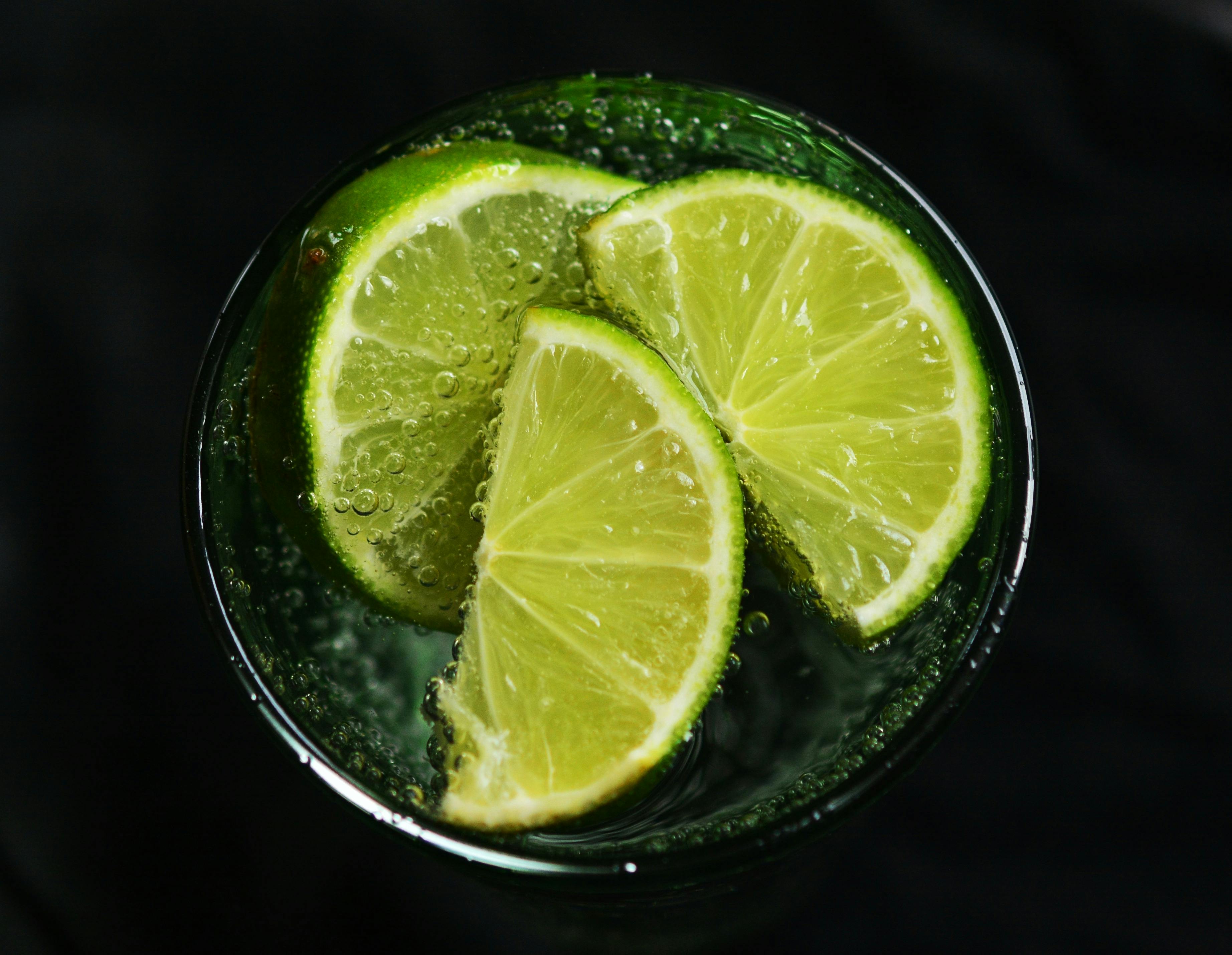Does drinking distilled water detox you? This is a question that has been debated for years, and the answer isn’t as straightforward as it may seem. Distilled water is a type of purified water that has had all the impurities and minerals removed, leaving only pure H2O. Some people believe that drinking distilled water can help flush out toxins from the body while others disagree. In this article, we’ll explore the potential benefits and drawbacks of drinking distilled water to help you make an informed decision about this popular health practice.Distilled water is water that has been boiled into steam and then condensed back into liquid form. Distillation removes impurities, such as salts and minerals, bacteria, viruses, and other contaminants. It is commonly used in medical settings to make solutions for intravenous use, as well as for drinking water that is free of pollutants.
Benefits of Drinking Distilled Water
Drinking distilled water has a number of health benefits. It is free from harmful contaminants and minerals that can be found in tap and spring water, making it the purest form of water available. Distilled water is also beneficial for people with sensitive stomachs or those who are trying to regulate their mineral intake. Additionally, distilled water has many other benefits.
Distilled water is 100% free from contaminants and minerals, meaning it does not contain any traces of lead, chlorine, arsenic, or other substances that can be found in tap or spring water. This makes it the cleanest form of drinking water available and a great choice for those who want to minimize their exposure to toxins.
Another benefit of drinking distilled water is that it can help regulate mineral intake. Some minerals are beneficial in small amounts but can become toxic if consumed in large quantities. By avoiding any kind of mineral-rich water, you can ensure that your body gets the right balance of minerals without consuming too much of any one kind.
Finally, distilled water is beneficial for people with sensitive stomach
Does Drinking Distilled Water Detox You?
Drinking distilled water is often touted as a way to detoxify the body. But does drinking distilled water really help to eliminate toxins from the body? The answer is not completely clear. While drinking distilled water can provide certain benefits, there are still some unanswered questions about its effectiveness in detoxification.
The main benefit of drinking distilled water is that it is free of contaminants and other pollutants that can be found in tap and even filtered water. As a result, it can help to reduce the exposure of your body to potentially harmful chemicals and toxins. Additionally, distilled water can also help to flush out toxins from your body, as it helps to eliminate excess salts and other minerals which may be present in your system.
However, there is still some controversy surrounding the use of distilled water for detoxification purposes. Some experts believe that while it may help to flush out toxins, it may not be as effective at eliminating them as more traditional methods such as fasting or using special diets or supplements. Additionally, drinking too much distilled water could potentially lead to dehydration if not consumed carefully.
Potential Risks of Drinking Distilled Water
Drinking distilled water has become increasingly popular due to its purity and lack of contaminants. While it is often considered a healthier choice than other types of water, there are some potential risks associated with drinking distilled water. Many people believe that drinking distilled water can lead to mineral deficiencies and dehydration, while others argue that it is safe. To make an informed decision, it is important to consider the potential risks of drinking distilled water.
One potential risk of drinking distilled water is that it can cause mineral deficiencies. Distilled water does not contain any minerals, so it can cause an imbalance in your body’s electrolytes and minerals if consumed regularly over time. This can lead to symptoms such as fatigue, headaches, and muscle cramps. Additionally, the lack of minerals in distilled water can lead to long-term health problems such as osteoporosis and heart disease if left unchecked.
Another potential risk associated with drinking distilled water is dehydration. Distilled water does not contain any electrolytes or minerals that help your body stay hydrated. As a result, you may feel thirsty more quickly after consuming it than
How Does Drinking Distilled Water Help Detox?
Drinking distilled water can be a great way to help with detoxifying the body. Distilled water is free of most contaminants and impurities, making it ideal for cleansing the body of toxins and other harmful elements. The process of distillation removes many minerals, metals, and other contaminants that can be harmful to the body. This makes it an effective way to help rid the body of potentially dangerous elements.
By drinking distilled water on a regular basis, you can help your body rid itself of toxins, as well as other harmful elements that may be present in tap or bottled water. This type of water has been used in various detoxification programs, as well as in alternative health practices such as Ayurveda and Traditional Chinese Medicine.
Another benefit to drinking distilled water is that it helps balance out the electrolytes in your body, which can lead to improved energy levels and better overall health. Electrolytes are important for regulating bodily functions such as digestion, muscle contraction, nerve transmission and more. When electrolytes are unbalanced, you may experience fatigue or dehydration. By drinking distilled water, you can restore the balance

Is it Necessary to Drink Distilled Water for Detoxification?
Distilled water has long been considered a great way to detoxify the body, and many people swear by it as an essential part of their wellness routine. While there is some evidence that drinking distilled water can help to remove toxins from the body, there is no definitive answer as to whether or not distilled water is necessary for detoxification.
The main benefit of drinking distilled water is that it may help to flush out harmful toxins from the body. Distilled water has no chemicals or contaminants, so it can be used as a natural way to cleanse the body. Additionally, drinking distilled water may also help to improve hydration levels and boost energy levels.
Some research suggests that distilled water can help remove toxins from the body more efficiently than regular tap water. One study found that people who drank distilled water had lower levels of certain toxic metals in their blood compared to those who drank regular tap water. However, other studies have found no significant differences between the two types of waters when it comes to detoxification.
It’s important to note that drinking any type of plain, filtered water
Using Distilled Water for Detoxification
Distilled water is one of the most popular ways to detoxify the body. It is widely used for a variety of purposes, including flushing toxins from the body, improving digestion and aiding in weight loss. Distilled water is created by boiling water and then condensing the steam that rises from it into pure liquid form. The result is a pure form of water that has no dissolved solids or minerals, making it an excellent choice for detoxification because it helps flush out toxins more quickly and efficiently than regular tap water.
To use distilled water for detoxification, begin by drinking two to three glasses every day on an empty stomach. This allows your body to absorb the purest form of hydration while simultaneously flushing out any harmful toxins that may be present in your bloodstream. Additionally, you can also use distilled water to make herbal teas or drink it with freshly squeezed lemon juice for added benefits. Furthermore, you can also add a pinch of sea salt or baking soda to your distilled water for added minerals and electrolytes.
In addition to drinking distilled water, you can also use it as part
Detoxification
Detoxification is the process of removing toxins from the body. It is often used to treat drug and alcohol addiction, as well as other health conditions. Detoxification can involve dietary changes, supplements, lifestyle changes, and physical therapies such as massage and exercise. Other methods of detoxification include sauna therapy, chelation therapy, acupuncture, and herbal remedies.
Other Methods
There are several other methods that can be used for detoxification. Juicing is a popular method of detoxification that involves consuming fresh fruit and vegetable juices to flush toxins out of the body. Fasting is another way to cleanse the body of toxins by abstaining from food for a period of time. Colon hydrotherapy is another form of detoxification that involves flushing out waste from the colon with water or herbal solutions. Yoga and meditation can also help to reduce stress levels and promote relaxation which helps to reduce toxin build-up in the body. Lastly, aromatherapy can be used to help reduce stress and promote relaxation by using essential oils such as lavender or chamomile in a diffuser or bath

Conclusion
Overall, drinking distilled water can help detoxify your body by removing toxins and other impurities from your body. However, it is important to note that drinking too much of any type of water, even distilled water, can lead to dehydration and other health problems. Furthermore, it is important to make sure that you are also getting enough essential minerals in your diet, since distilled water does not contain any minerals. Therefore, it is recommended to drink distilled water in moderation and to ensure that you are getting the essential minerals from other sources.
In conclusion, drinking distilled water can help detoxify the body by removing toxins and impurities. However, it must be done in moderation and with adequate mineral intake from other sources for optimal health benefits.

